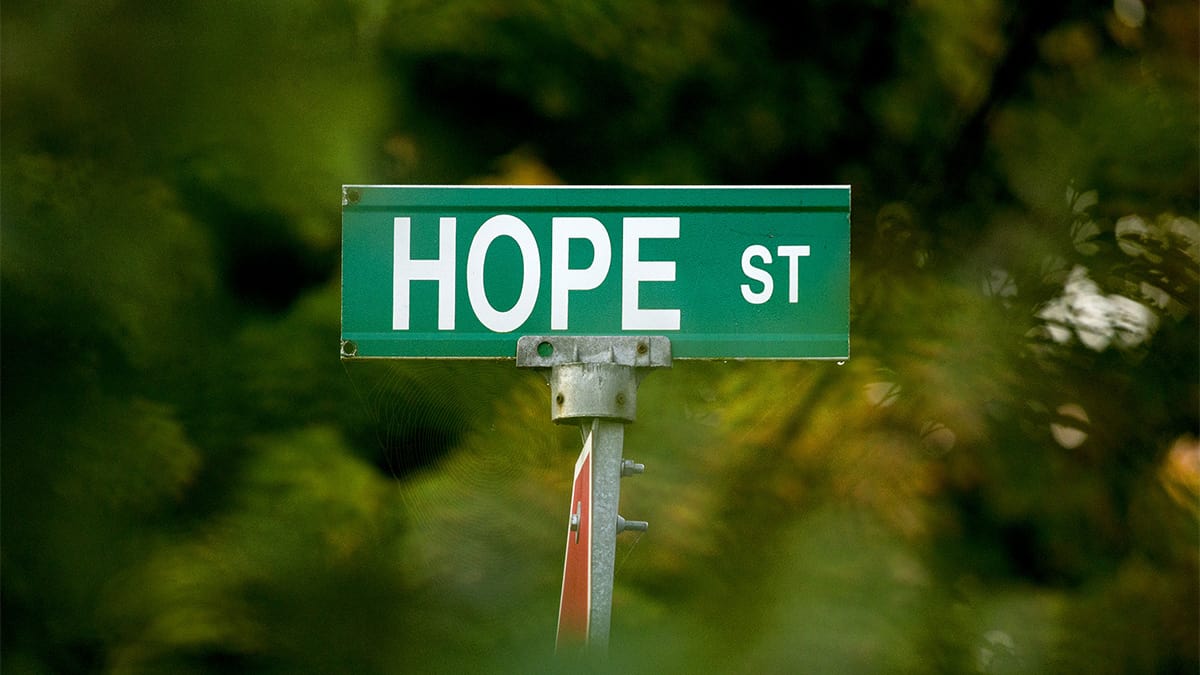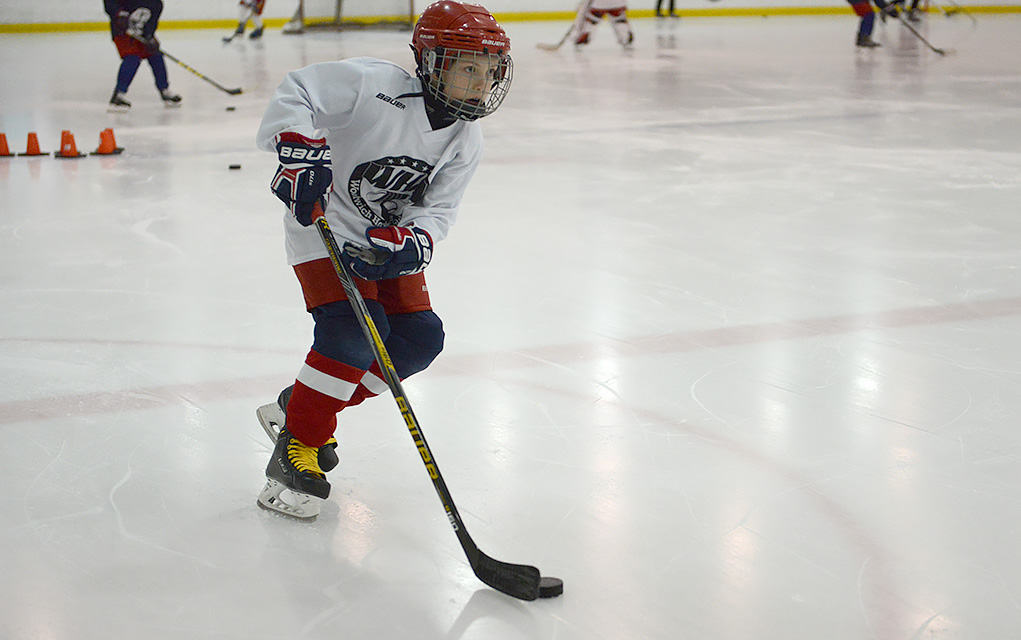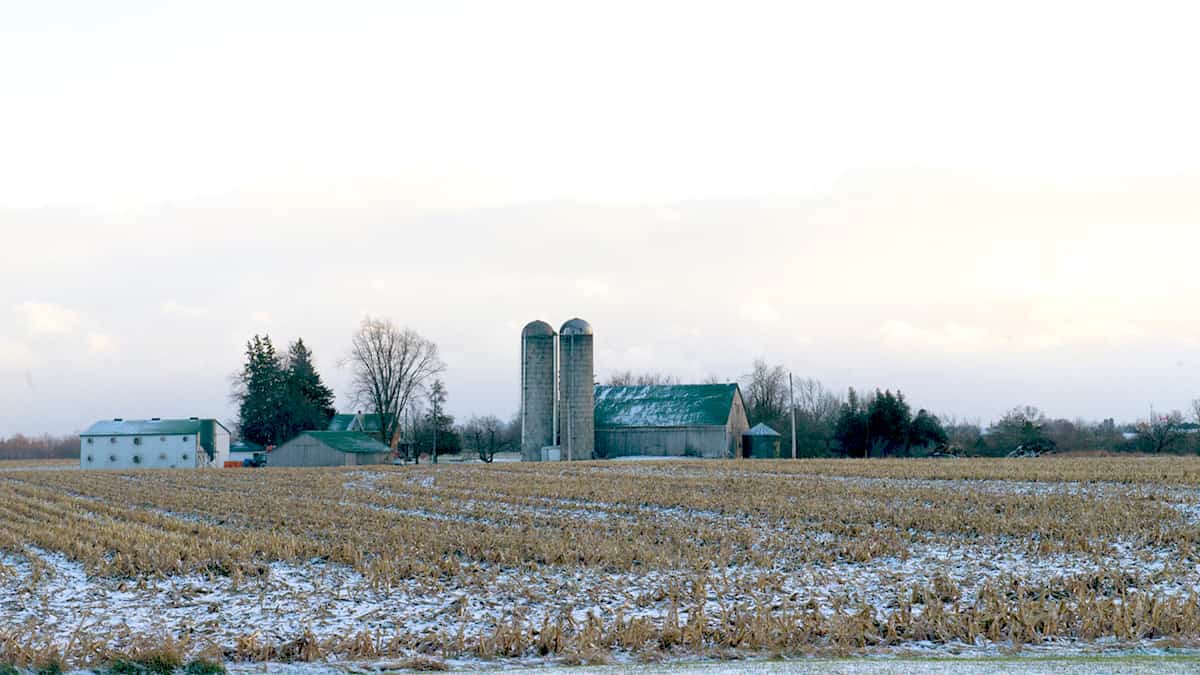Given its name, you can bet Wellbeing Waterloo Region has had its hands full this year.
A collaborative effort whose members work in a variety of sectors, the group looks to promote ways to improve our collective wellbeing, which has certainly been stressed in 2020.
To provide a little fun as an outlet, Wellbeing Waterloo Region is hosting two virtual improv events later this month. It’s another way to keep connected in this decidedly unconnected period. The events are scheduled for December 22 (1-2:30 p.m.) and December 30 (3-4:30 p.m.), with information about the sessions available online, while registration is at surveys.regionofwaterloo.ca.
On another front, the group is also working to combat the negative slant of social media, specifically the algorithms those companies use to feed us information. The goal is to bring more joy, not less to individuals’ lives, says Kathilee Porter.
“The brain is hardwired to scan for the negative, and it’s really, really good at it. And the algorithms in our social media are based on that idea. They use it to basically try to attract their attention and make us look at our various social media devices, and so forth. And so, we thought, ‘let’s change that algorithm,’” said Porter.
How the movement works is through the uploading of uplifting or fun articles, videos and photos to social media using the hashtag ‘# findinghopemovement.’ Posting on the hashtag and liking photos help rewrite the algorithms. Interactions, however, make a more considerable impact, like tagging friends, commenting and sharing posts is how the movement continues to boost forward.
“I’m fascinated by the brain and how it impacts what we do and why we do it. And so, in part of that role, I was working on a podcast – The World is Possible – about religion. The topic of the episode was around resilience. We were interviewing Dr. Michael Unger, who’s out of Dalhousie University. He’s one of the world’s leading researchers on resilience, and he was talking to me about how we build resilience in kids going through this pandemic. And one of the many things he discussed was the fact that we need to stop and recognize what kids and youth have done right during this pandemic. The sacrifices they’ve made and the good that has resulted from that. And by doing that, we help kids build up enough resilience and muscle up, so to speak to, to get through what’s coming next,” explained Porter of the inspiration for the new wave of thinking.
Porter took the conversation she had with the professor to heart and brought the findings forward to Lorie Fioze, the driving force behind Wellbeing Waterloo, who was already working on campaigns to raise hope such as the “60 ways in 60 days” initiative. Fioze embraced the idea to help rewire how we process information reducing social media sensitization, and thus the movement was born.
In some ways, the movement has already exceeded some of Porter’s expectations. A partnership formed with the Immigration WR, which translated the Finding Hope Movement into several languages. And one story, in particular, struck a chord with Porter when a group of Cambridge youth began a letter-writing initiative to seniors’ homes during the pandemic. Little news and feel-good stories is precisely what the movement is about.
Something as simple as helping out a neighbour, say by shovelling their driveway, is a way to promote a change of pace, suggests Porter, who along with Wellbeing Waterloo Region is also involved with the Early Literacy Alliance of Waterloo Region.
More information about Wellbeing Waterloo Region can be found online.









